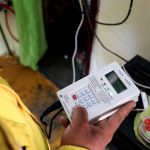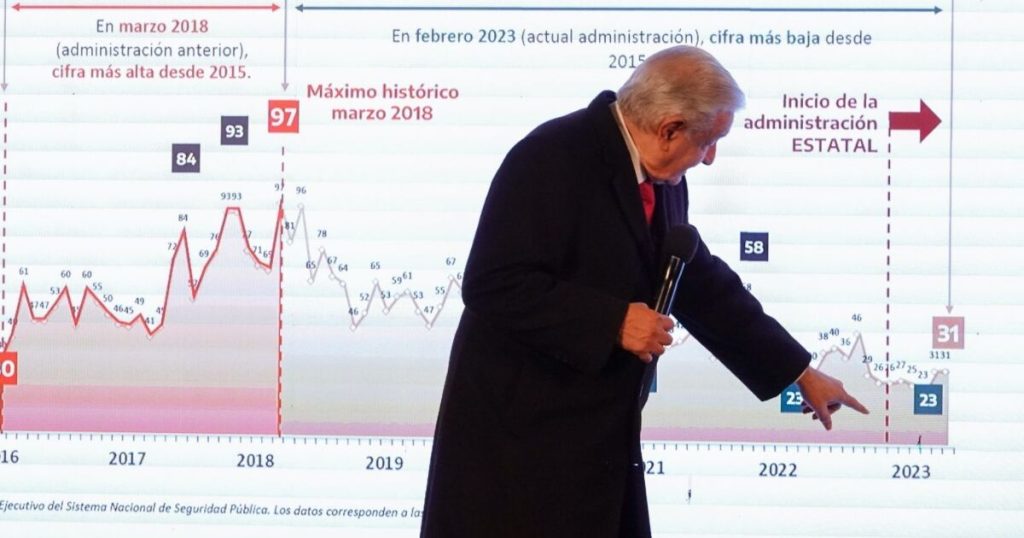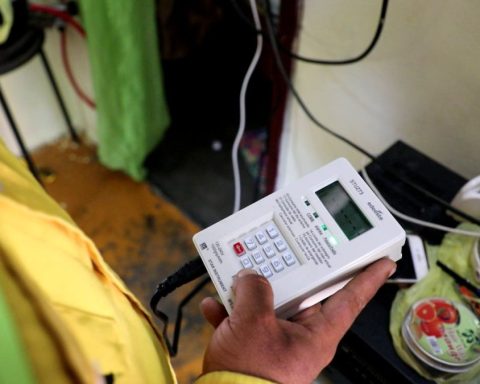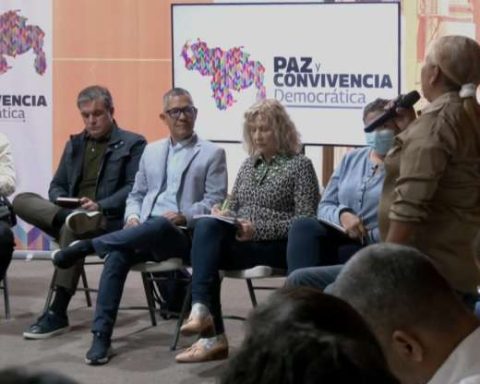The government of Daniel Ortega and Rosario Murillo recently brought to the Legislative Branch a reform to the Law Against Money Laundering, Financing of Terrorism and Financing of the Proliferation of Weapons of Mass Destruction (Law 977) and to the Law of the Financial Analysis Unit (Law 976) to strengthen control and surveillance measures for agencies that work with remittances and its customers.
Now the Financial Analysis UnitUAF, will require by law detailed information on remittances, order the freezing of funds and report senders or recipients to the Police and the Attorney General’s Office. The remittance agencies were threatened within the initiative that if they refuse to provide this type of information, the UAF may impose administrative and criminal sanctions against the managers and directors of the remittance agencies.
For the activist of Human Rights Ana Quirós, this reform of the regime has two objectives: one is to exercise control over the beneficiaries of remittances and those who send them, storing personal data of those who are outside the country, and the other objective, according to Quirós, is to control the money that enters Nicaragua and assess whether those funds could be useful.
Related news: Sandinista dictatorship will control who sends and receives remittances and bank transfers in Nicaragua
«Of course, this ‘surveillance’ affects both those who receive remittances and those who send them, those who receive them because they know that they will be more in the sights of government institutions, including the National Police, and in addition to ‘investigating’ what the money sent to families is used for, the regime could even charge a commission for this service.»says Quiros.
In the second quarter of 2024, remittances received from abroad amounted to US$1,336.9 million, which represents a growth of 11.9 percent (+US$142.2 million) compared to what was observed in the same period of 2023 (US$1,194.7 million), figures presented by the Central Bank of Nicaragua.
For Quirós, after the reform, the flow of remittances to Nicaragua will not be significantly reduced because people already have a defined amount of money they send to their families each month within their budget, but the use of regular channels could decrease and alternative channels could appear.
«That is to say, if today they send money by Western Union, tomorrow they will look for a remittance house perhaps with less projection, and consequently with less security for the population, but the main effect will be the fear of feeling watched and that at any moment they could be able to indicate for what or in what they use their remittances.»says Quiros.
When asked by Article 66 Regarding a strike on remittances that is being called for on social media, Quirós said that such a strike would not be viable, neither for the beneficiary nor for the country’s economy. “The regime depends on the large funds that come in through remittances, which are generally intended for family consumption, which generates income for the regime through taxes (on consumption),” he said.
Related news: Family remittances grow by 11.9 percent in the second quarter of 2024
In 2023, the income of 4,660.1 million dollars in family remittances represented 29.7% of Nicaragua’s GDP. In 2022, it represented 23%, so it is expected that by 2024, this figure will exceed 30%.
In 2023, the Sandinista dictatorship had already made a reform to the Financial Analysis Unit (UAF), which forced ‘obligated subjects’ that provide remittance services to report any transaction that has an amount “equal to or greater than” 500 dollars, arguing that “in recent months” they have detected an increase in suspicious operations.
This initiative, which seeks a new reform to the aforementioned package of laws, has already been presented to the National Assembly and is expected to be approved in the coming days by the Sandinista steamroller.


















